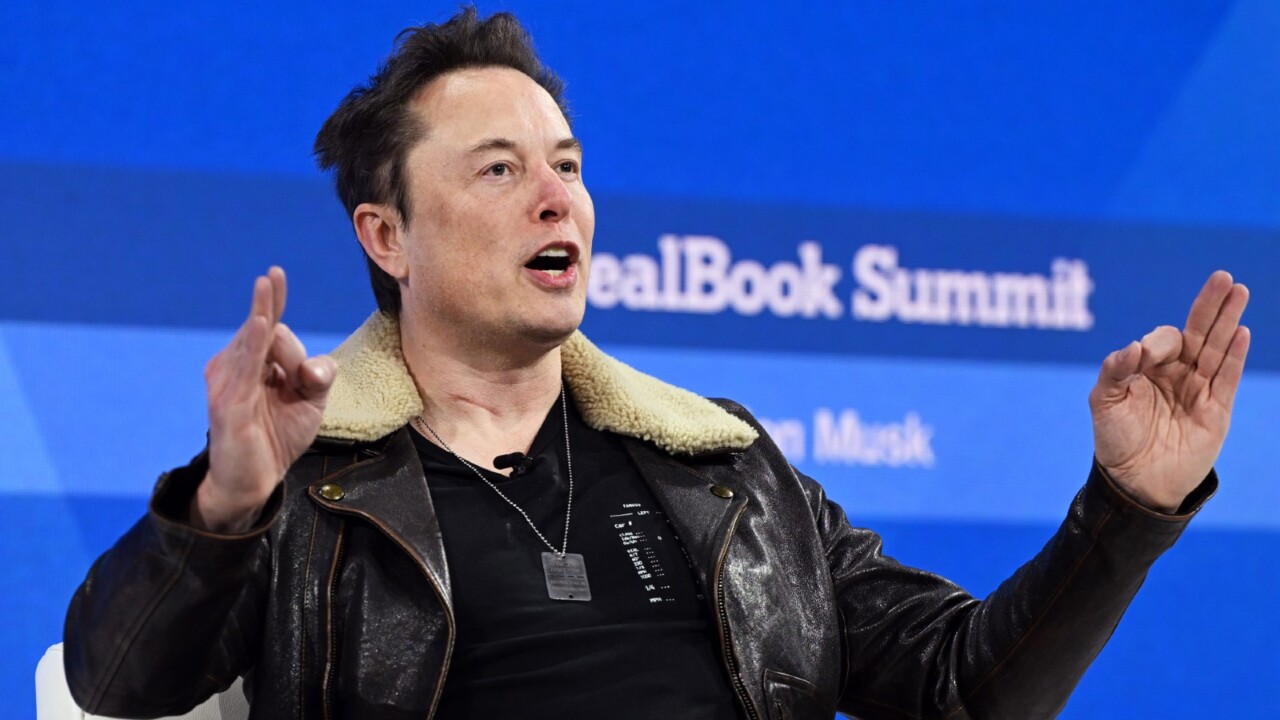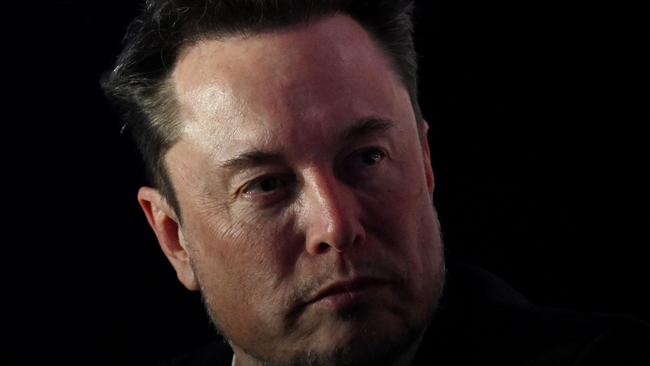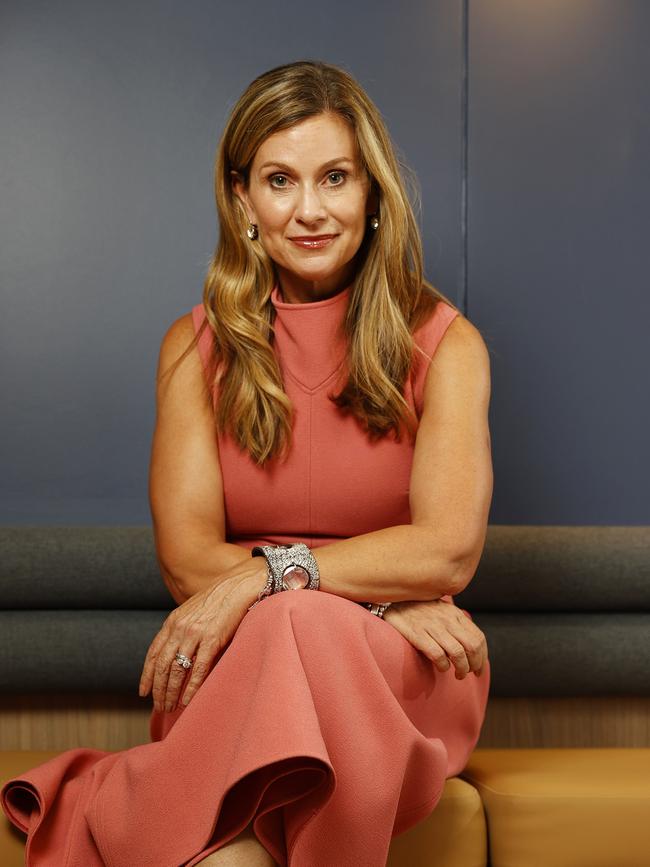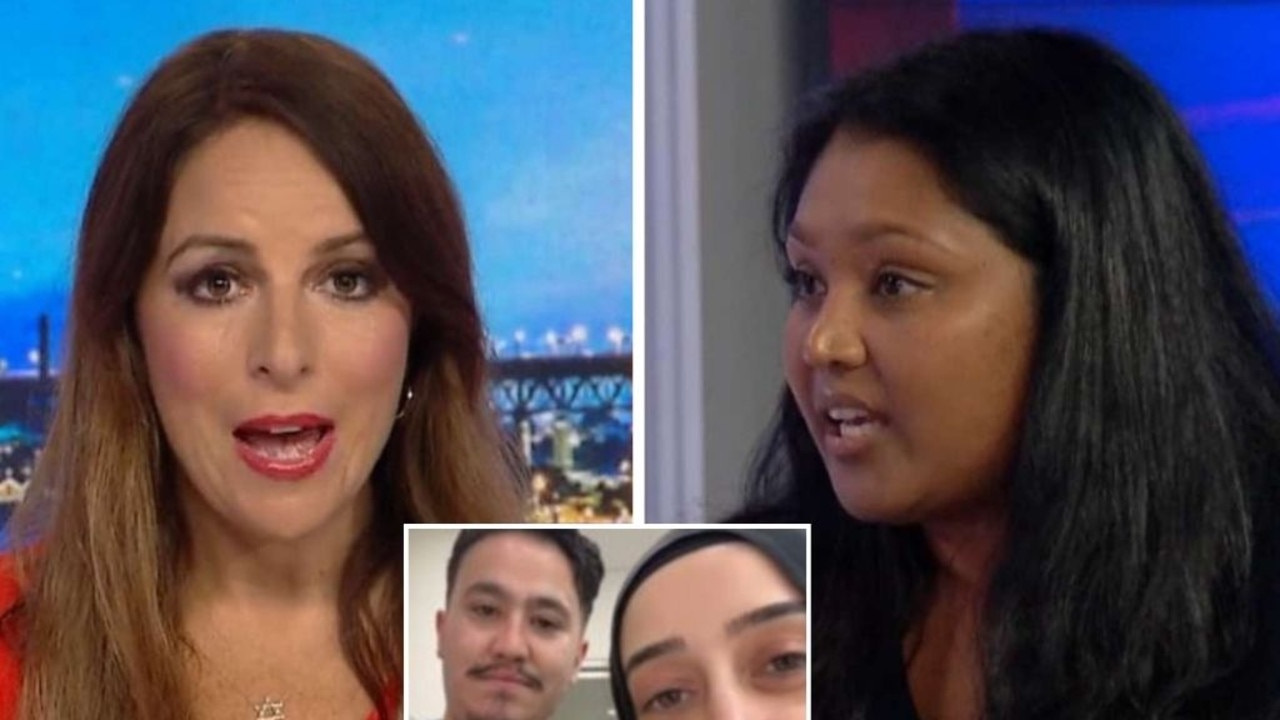Armstrong: Blatant falsehoods behind X’s defence of Sydney terror attack posts
Billionaire and X owner Elon Musk is using blatant falsehoods to defend right of anonymous users to openly promote a Sydney terror attack, writes Clare Armstrong.

National
Don't miss out on the headlines from National. Followed categories will be added to My News.
Billionaire Elon Musk and his social media company X are going to war with Australia based on lies.
Citing freedom of speech and some murky claims about Australia’s powers in the international waters of the internet, the tech giant has sensationally declared it will challenge an order to remove content related to the terror attack in a Sydney church last week.
But libertarians may wish to hold off rushing to the platform’s defence, because X’s case thus far is based on multiple falsehoods.
The most egregious is its claim in a statement released over the weekend that Australia’s eSafety Commissioner Julie Inman Grant had demanded the take down of posts that “publicly commented on the recent attacks” in Sydney.
“There is a public conversation happening about the event, on X and across Australia, as is often the case when events of major public concern occur,” said X.

But this hand wringing about freedom of speech in the public square is pure theatre – the take down notice was not related to comments or speech about the attack.
The eSafety Commission is explicitly targeting footage of the stabbing, which police have deemed a terror attack.
The take down order deemed videos and photos of the stabbing “class one content,” meaning it specifically promotes, incites or instructs in matters of crime or violence.
This was no attempt at curtailing open discussion about the incident, but a move to limit the proliferation of the video of the violent assault and any material that might encourage similar behaviour.
The next dubious claim from X was that Australia had no authority to order what Musk deemed a “global content ban”.
“While X respects the right of a country to enforce its laws within its jurisdiction, the eSafety Commissioner does not have the authority to dictate what content X’s users can see globally,” X said.
Again this is utterly misleading – X operates in Australia. An attempt by an Australian regulator to literally regulate content in Australia is hardly legal overreach.

Opposition leader Peter Dutton on Sunday observed it is far more likely X is worried that if Australia is successful in its efforts, other nations presumably as appalled by the idea of terror content freely circulating online will be emboldened to act.
In Musk’s world of libertarian absolutism, footage of a violent terror attack in a Sydney church should be allowed to run unchecked online in the name of free speech.
But in the real world, there is no other community space in which this standard would be acceptable.
It’s easy to imagine the outcry if the distressing footage was suddenly splashed across a bus stop ad, broadcast in its entirety on the TV news, or shown in movie theatres.
Society long ago agreed that not all content is suitable for unrestricted public consumption and there are serious consequences for publishers and broadcasters who breach widely accepted regulations.
Beyond the basic issue of age-appropriateness, the world is now acutely aware of the direct risk to human life posed by the proliferation of violent content online radicalising a new generation of extremists.
For the purpose of reporting the news, media organisations have ensured the portions of the footage they publish – mostly still images or a brief video clip of the moment before the attack and then its aftermath – does not include a depiction of the violent act.

Then the footage is placed in context with commentary from relevant police and security agency officials, community, faith and political leaders.
This overall depiction of the distressing incident is a far cry from the wholesale publishing of the entire unedited livestream video of the stabbing attack hosted on social media.
Yet here is a billionaire owner of a social media giant suggesting his platform is inherently owed the right to be the exception.
In the wake of Musk’s incendiary comments, Labor ministers have lined up to deliver the government’s response: bring it on.
If X wants to take Australia to court over the matter, the government – backed by the opposition – is more than willing to take up the fight.
For years Australia has been a world leader in online safety, introducing laws now being replicated around the globe.
Musk and his team at X are all too aware that to cede ground to Australia will embolden governments in the US, UK and Europe to follow suit.
So the company will lawyer up and meet Australia in court, all to defend the right of its anonymous users to openly promote the attempted murder of a Sydney bishop in a terror attack inside a church.
With a case like that it’s no wonder X is seeking to hide behind its misleading freedom of speech arguments.
More Coverage
Originally published as Armstrong: Blatant falsehoods behind X’s defence of Sydney terror attack posts





